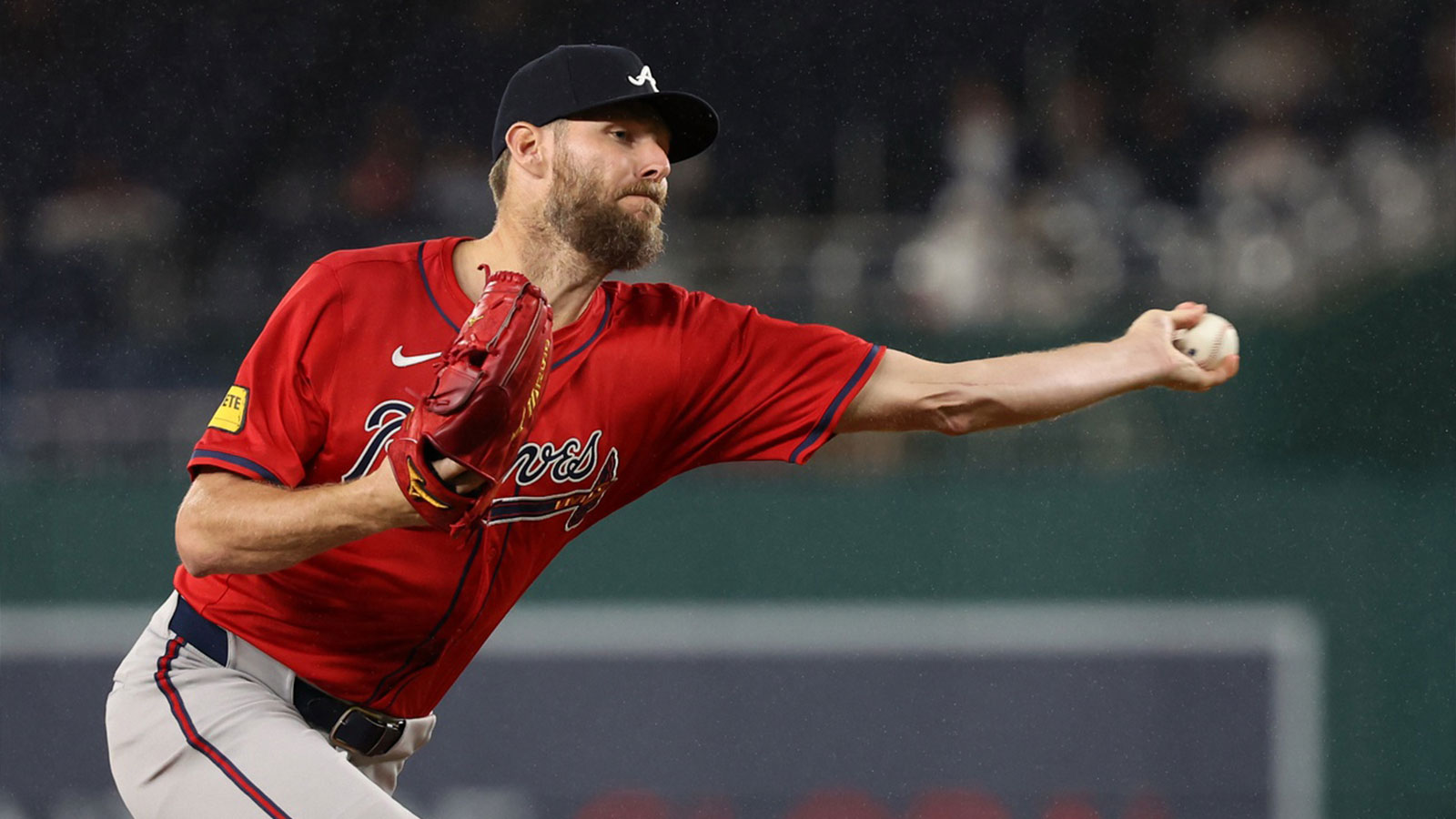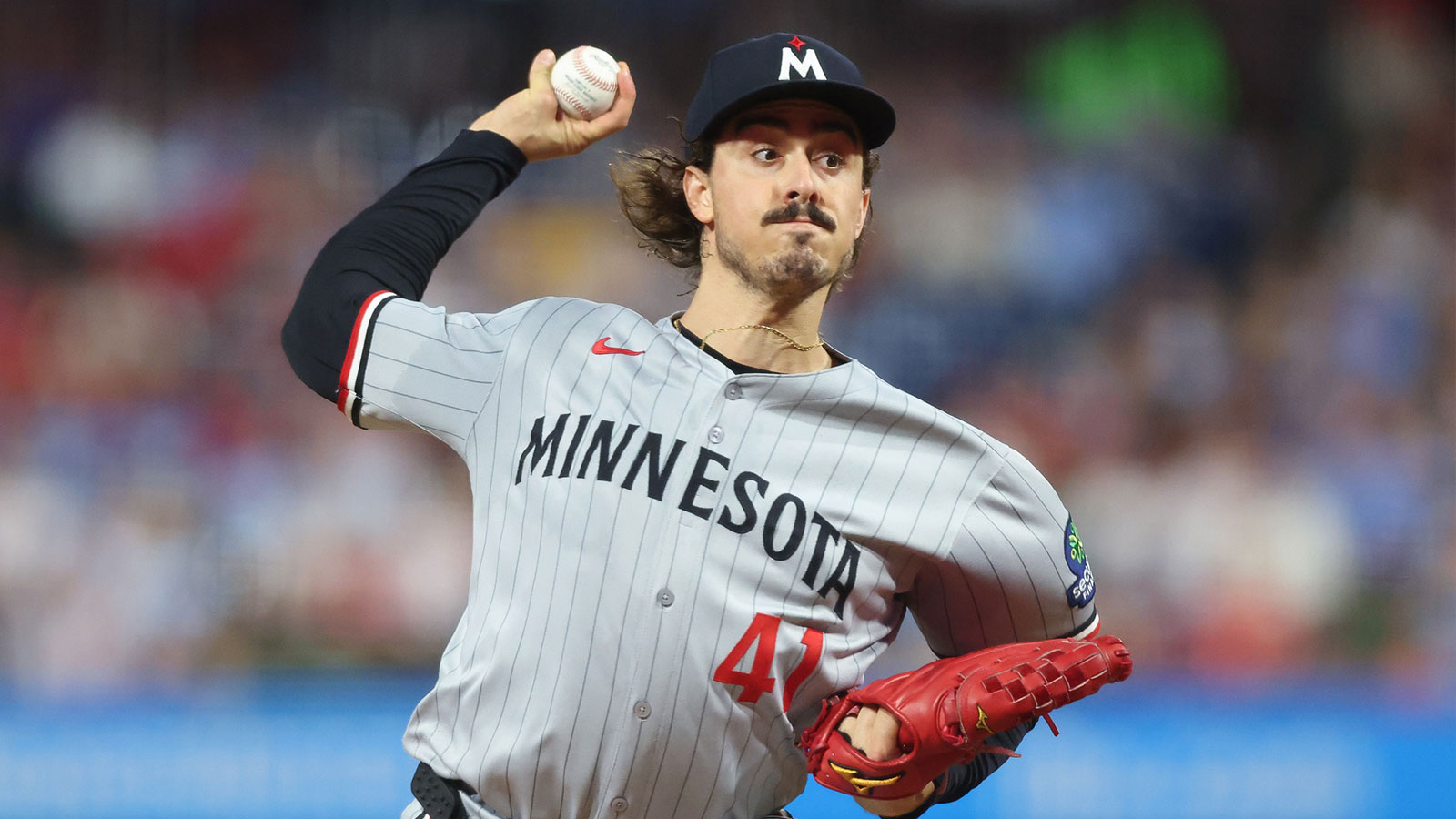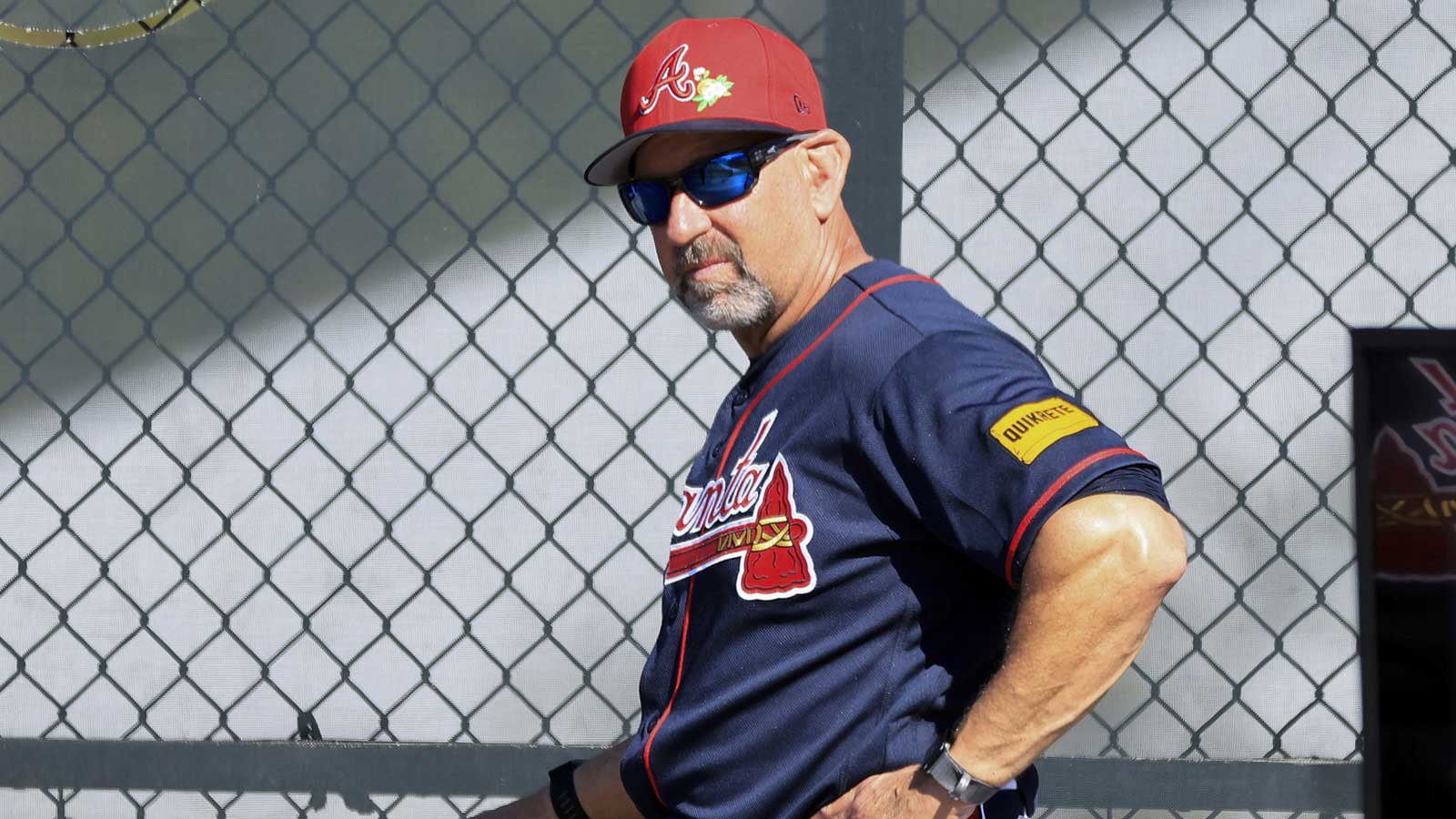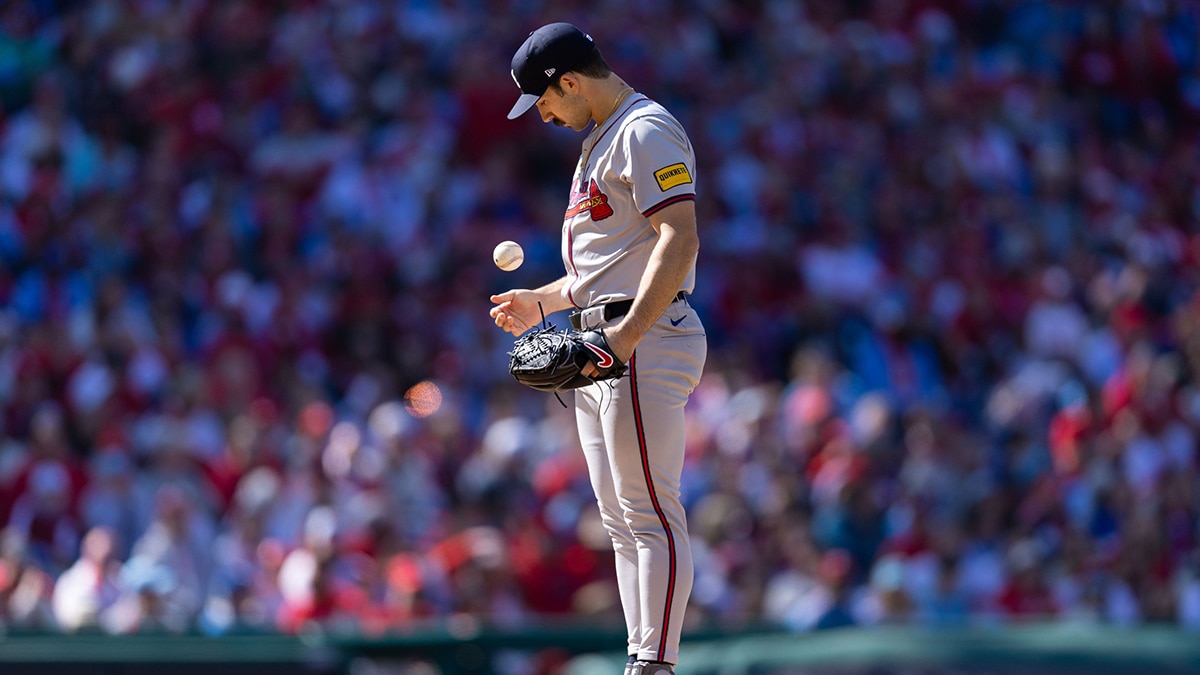If there's one thing Atlanta Braves' manager Brian Snitker knows about, it's patience. With almost 50 years of experience within the Braves organization, Snitker has demonstrated a steadfast commitment to his players, particularly during times of struggle. This patient approach has played a crucial role in the success of several key players, including Spencer Strider, Marcell Ozuna, and Austin Riley this season.
Spencer Strider
Strider faced a challenging period in June, where he endured two rough outings against the New York Mets and Detroit Tigers. In those combined appearances, he surrendered 15 hits, 13 earned runs, five home runs, and four walks, ballooning his ERA to 13.00 for the month. These performances were undoubtedly among his worst since transitioning to a starting role. However, rather than hastily giving up on Strider, Snitker remained patient and provided him with the support and guidance needed to rebound and regain his form–that being a flamethrowing, strikeout machine. Along with Strider's wife, Snitker worked on refining his pitcher's mechanics and mental approach, allowing him to make adjustments and improve his performance. As a result, Strider has since rebounded with a strong outing against the Philadelphia Phillies, giving up only one earned run over six innings.
Marcell Ozuna
At the start of the season, Ozuna found himself in a deep slump, slashing a meager .085/.194/.203 with only one home run through the end of April. His performance was faltering, and his place on the team seemed uncertain, to the point it was being rumored he could have been designated for assignment at any day. However, when May arrived, so did a remarkable transformation. Since May 1, Ozuna has been on a tear, boasting a slash line of .302/.375/.584 with 12 home runs—a complete turnaround from his earlier struggles. This resurgence can be attributed, in part, to Snitker's patience and unwavering belief in Ozuna's abilities. Instead of benching or giving up on him, Snitker continued to provide support by putting him in the lineup, allowing Ozuna to regain his confidence and find his stride, which has only made the Braves lineup even more lethal.
Austin Riley
Riley, the Braves' slugger, also encountered his fair share of struggles this season. From April 28 to late May 23, Riley's slash line stood at a modest .253/.313/.368, accompanied by only two home runs in that time. While he has not fully returned to his career average of .271, his performance has shown signs of improvement. Snitker's patience with Riley during this period of adjustment has allowed him the space and confidence to rediscover his offensive prowess. Snitker has let Riley work through his struggles by refining his approach at the plate and maintaining a consistent swing. Riley's recent hot streak, where he has hit for power and provided crucial RBIs, is a testament to the positive impact of Snitker's patient approach.
Brian Snitker's patience reveals trust in Braves players
Snitker's ability to remain patient and composed amid his players' struggles stems from his deep understanding of the game and the challenges it presents. If anyone deeply understands the up-and-downs of the business of baseball, it's the Braves manager. This comprehension fosters an environment where players feel supported and valued, enabling them to perform at their best.
“I think (players) feel like he trusts them,” Braves' bench coach Walt Weiss told the Atlanta Journal Constitution. “He doesn’t yank them out of their spot in the lineup or out of their role in the bullpen as soon as they struggle. And it’s easy to respond with knee-jerk reactions when you’re in that position because there’s a billion voices telling you what you should do. And everyone wants you to fix everything overnight. As soon as a guy has a bad outing, (people say), ‘Oh, he’s done. Don’t play him anymore, don’t pitch him anymore.’ But Snit has a good feel for when to step in, in those situations. He’ll give guys a lot of rope to fail. And again, the player feels like he trusts them, and eventually they come out of it.
“He’s just got good feel for that kind of stuff.”
Snitker's leadership style avoids micromanagement. He strikes a balance between giving players the freedom to express themselves on the field and intervening only when necessary. This approach seems to resonate well with his players that garners trust and confidence in their abilities. It's probably why the Braves have been one of the best teams in baseball over the last three seasons.
Snitker's extensive tenure with the Braves organization has bestowed upon him an unparalleled experience, equipping him with the wisdom to navigate and influence his players' careers in the most effective manner. This profound understanding serves as his most formidable asset as a manager, and is undeniably a key factor propelling the Braves towards yet another division title.




















